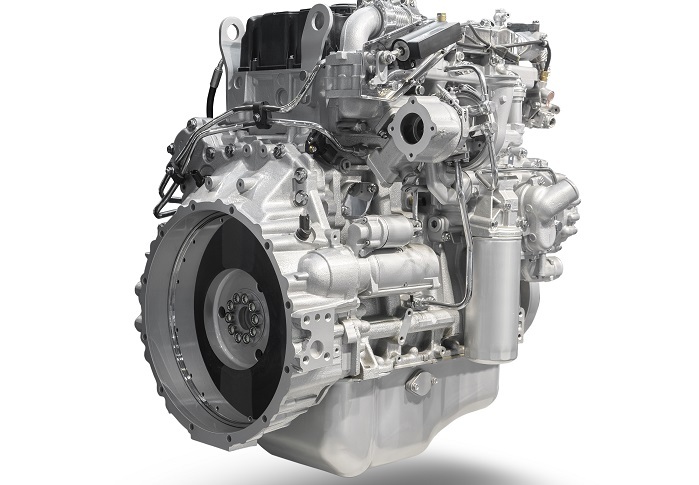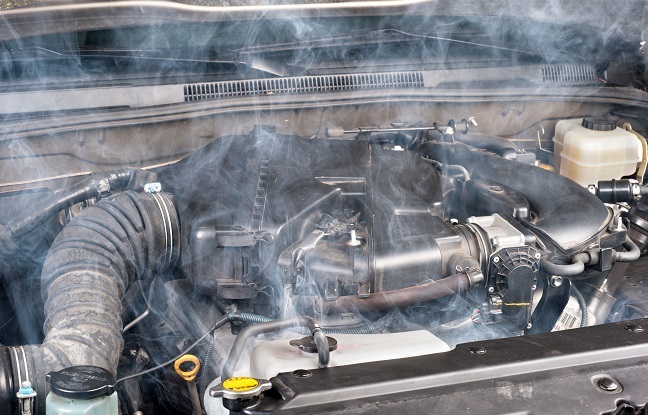
 Data Structure
Data Structure Networking
Networking RDBMS
RDBMS Operating System
Operating System Java
Java MS Excel
MS Excel iOS
iOS HTML
HTML CSS
CSS Android
Android Python
Python C Programming
C Programming C++
C++ C#
C# MongoDB
MongoDB MySQL
MySQL Javascript
Javascript PHP
PHPPhysics
Chemistry
Biology
Mathematics
English
Economics
Psychology
Social Studies
Fashion Studies
Legal Studies
- Selected Reading
- UPSC IAS Exams Notes
- Developer's Best Practices
- Questions and Answers
- Effective Resume Writing
- HR Interview Questions
- Computer Glossary
- Who is Who
What is the full form of HPDI?
Introduction
High Pressure Direct Injection (HPDI), is a fuel injection technique utilized by diesel engines. This cutting-edge tech instantly pumps high-pressure fuel into the cylinders of the engine to boost power, lower emissions, and improve fuel efficiency in an impressive way.

HPDI is a kind of dual-fuel system for heavy duty vehicles and commercial uses that combines diesel engine fuel with natural gas or other eco-friendly fuels to deliver an amazingly effective yet cost saving solution.
Applications of HPDI
HPDI technology has many exciting uses in transportation, automotive, and industry. Some of the coolest HPDI applications are −
Heavy-duty vehicles − HPDI helps big trucks go farther on less fuel while producing fewer pollutants, providing an eco-friendly long haul solution.
Marine engines − Boat motors employ HPDI to boost mileage and lower harmful emissions. It's perfect for huge ships like cruise liners, oil tankers, and cargo vessels..
Electrical power generators − To supply effective and dependable electricity for commercial and industrial purposes, HPDI is used in power generators.
Mining machinery − To improve fuel economy and reduce pollution, HPDI is applied in mining machinery. Large mining trucks and loaders may use it with little problem.
Construction equipment − To provide effective and dependable power for heavy-duty applications, HPDI is widely used in construction equipment such as bulldozers, cranes, and tractors.
Agricultural machinery − To improve fuel efficiency and decrease emissions, HPDI is used in agricultural machinery including tractors and harvesters. For farmers who require dependable and effective equipment for their operations, it provides a cost-effective response.
Advantages of HPDI technology
There are Several advantages of HPDI technology over conventional diesel engines consist of −
Enhanced fuel economy − HPDI technology enhances fuel efficiency by injecting fuel directly into the engine's combustion chamber at high pressure. Less fuel is needed to produce the same amount of power as a result of enhanced fuel use and more thorough combustion.
Emissions reduction − HPDI technology reduces emissions by providing the use of combustion that is more effective and generates less hazardous pollutants, including particulate matter, nitrogen oxides, and greenhouse gases. HPDI is now an environmentally friendly choice as a result of this matter.
Cost-effective − HPDI technology provides a budget-friendly solution for heavy trucks and industrial equipment. It leads to better gas mileage and lower emissions, saving you cash on fuel costs and environmental compliance fees.

High performance − HPDI technology supplies high performance for heavy-duty uses. It produces a mightier combustion that churns out more grunt, boosting how hard your equipment can work and how much you can count on it.
Flexibility − HPDI technologies are a versatile system that runs on a variety of engines and fuels. It gives consumers greater flexibility and options when it comes to refuelling industrial applications and heavy-duty vehicles because it may be utilised with natural gas, propane, or other alternative fuels.
Comparison of HPDI with other injection systems
Many fuel injection systems, including HPDI, are used in diesel engines. HPDI is compared with a few other common injection techniques in the list below −
Common rail injection − In a fuel injection system known as common rail injection, fuel is injected to the engine cylinders from a high-pressure fuel rail. Compared to HPDI, common rail injection enhances fuel combustion and injection timing, resulting in greater fuel efficiency and decreased emissions. While HPDI is less expensive to produce and maintain than common rail injection, it is.
Unit injector − A fuel injection system known as a unit injector combines an injector and a fuel pump into a single component. Unit injectors are more efficient and produce less pollutants than HPDIs, but they are less adaptable to different fuels and engine types. Significantly more expensive to produce and operate than HPDI is the unit injector.
Mechanical injection − Fuel is injected into the engine cylinders using a mechanical fuel pump in a fuel injection system known as mechanical injection. Mechanical injection is less accurate and effective than HPDI, which leads to worse fuel efficiency and greater emissions. The mechanical injection is less flexible to different types of fuel and engine designs.
Conclusion
In conclusion, HPDI (High Pressure Direct Injection) is a fuel injection technology used in diesel engines to increase fuel economy, decrease emissions, and offer dependable performance for heavy-duty cars and industrial applications. With high power output and fuel source flexibility, HPDI is a practical option that combines diesel fuel with natural gas or other alternative fuels. HPDI has benefits over other injection systems, including increased fuel economy, less emissions, and durability. The selection of an injection system, however, is based on the particular requirements of the application and may differ depending on aspects like accuracy, efficiency, and engine type flexibility.
FAQs
Q1. What differentiates common rail injection from HPDI?
While common rail injection uses a high-pressure fuel rail to transfer fuel to the engine cylinders, HPDI uses high-pressure injection of fuel directly into the combustion chamber. While both systems offer greater fuel economy and fewer emissions, common rail injection is more accurate and effective in terms of timing and fuel atomization, leading to greater fuel efficiency and lower emissions.
Q2. Is HPDI a better option to existing fuel injection systems for heavy-duty vehicles?
For heavy-duty cars and industrial applications that demand high power output, fuel source flexibility, and lower emissions, HPDI offers a reasonably priced and dependable solution. While alternative injection systems, including unit injectors and common rail injection, could be more precise and effective in specific situations, HPDI is a versatile and long-lasting option that offers better fuel economy and lower emissions at a cheaper price.
Q3. Does HPDI function with all diesel engine types?
Most of the diesel engine types are HPDI compatible, while certain engines may require to be updated or changed for maximum performance. Before installing an HPDI system, it is essential to speak with a skilled technician or engineer because the precise requirements depend on the kind of engine and the application.

